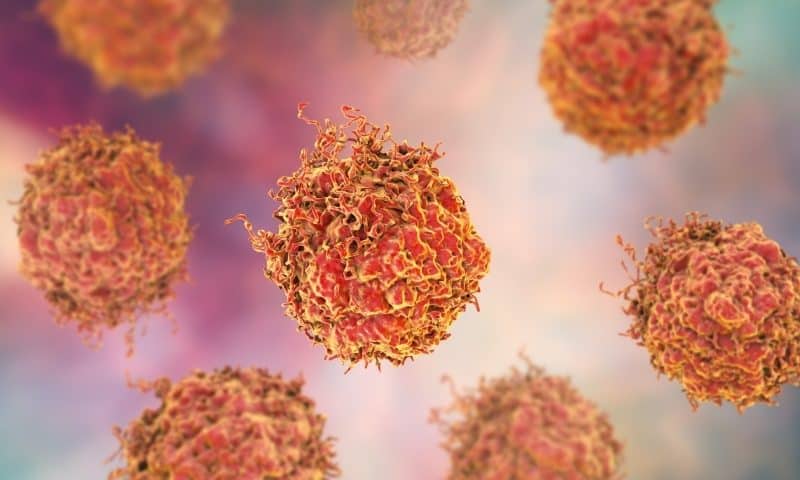After a tough few years that saw a bottom-of-the-range IPO and several clinical holds, Unum Therapeutics is now losing more than half of its staff and cutting several clinical assets from development.
Unum is not quite down to one, but the biotech is wielding the ax on 43 employees (around 60% of its staffers) while its chief scientific officer, Seth Ettenberg, Ph.D., has “resigned after five years of service to the company.” The company did not say why he left, only to wish him well in his “next endeavors.”
In addition to the job cuts, it’s also “concluding” its ACTR707 clinical trials, which includes a phase 1 Rituxan (rituximab) combo test in relapsed/refractory non-Hodgkin lymphoma as well as a second early-stage effort that combined the antibody-coupled T-cell receptor with Herceptin (trastuzumab) to treat advanced HER2-positive cancers.
This plan, it said in a statement, is designed to “prioritize resources” toward advancing its preclinical program, BOXR1030, for the treatment of solid tumor cancers. BOXR1030 expresses a glypican-3 (GPC3) targeted CAR, and Unum has slated filing an IND application for BOXR1030 in “late 2020.”
Unum said it “expects to continue to leverage its BOXR discovery platform, potentially in collaboration with partners, to create and develop new BOXR product candidates to address a broad range of solid tumor cancers.” It has enough cash, with the cuts, to keep going until the middle of next year.
Last summer, the FDA put Unum’s phase 1 ACTR087-Rituxan trial on clinical hold for the second time. Unum suffered the setback after a patient experienced grade 3 and 4 adverse events including neurotoxicity and respiratory distress.
ACTR087, an autologous T-cell therapy, has been “de-prioritized” by the biotech and no longer appears on its website’s pipeline. With the cuts to its remaining phase 1 work, the biotech now looks to be pivoting back to being a preclinical company.
“Following a detailed review of our operations, opportunities, and cash reserves, we believe the decisions announced today are in the best interests of all Unum stakeholders, including patients, clinicians, employees and shareholders,” said Chuck Wilson, Ph.D., president and CEO of Unum Therapeutics.
“We remain committed to addressing the challenges of treating solid tumor cancers, and would like to thank the patients, their families, and the investigators who have made our efforts to date possible. In addition, we would like to thank Seth for his contributions to the preclinical discovery efforts here at Unum over the years and wish him the very best in his next endeavor.”
The penny stock company saw its shares down 13% on the news.

